Are plastic yard tools toxic? Horticultural experts reveal why you should remove black plastic from your yard
Cheap, durable, and potentially toxic, plastic yard tools might sneak microplastics into your soil – and your food supply
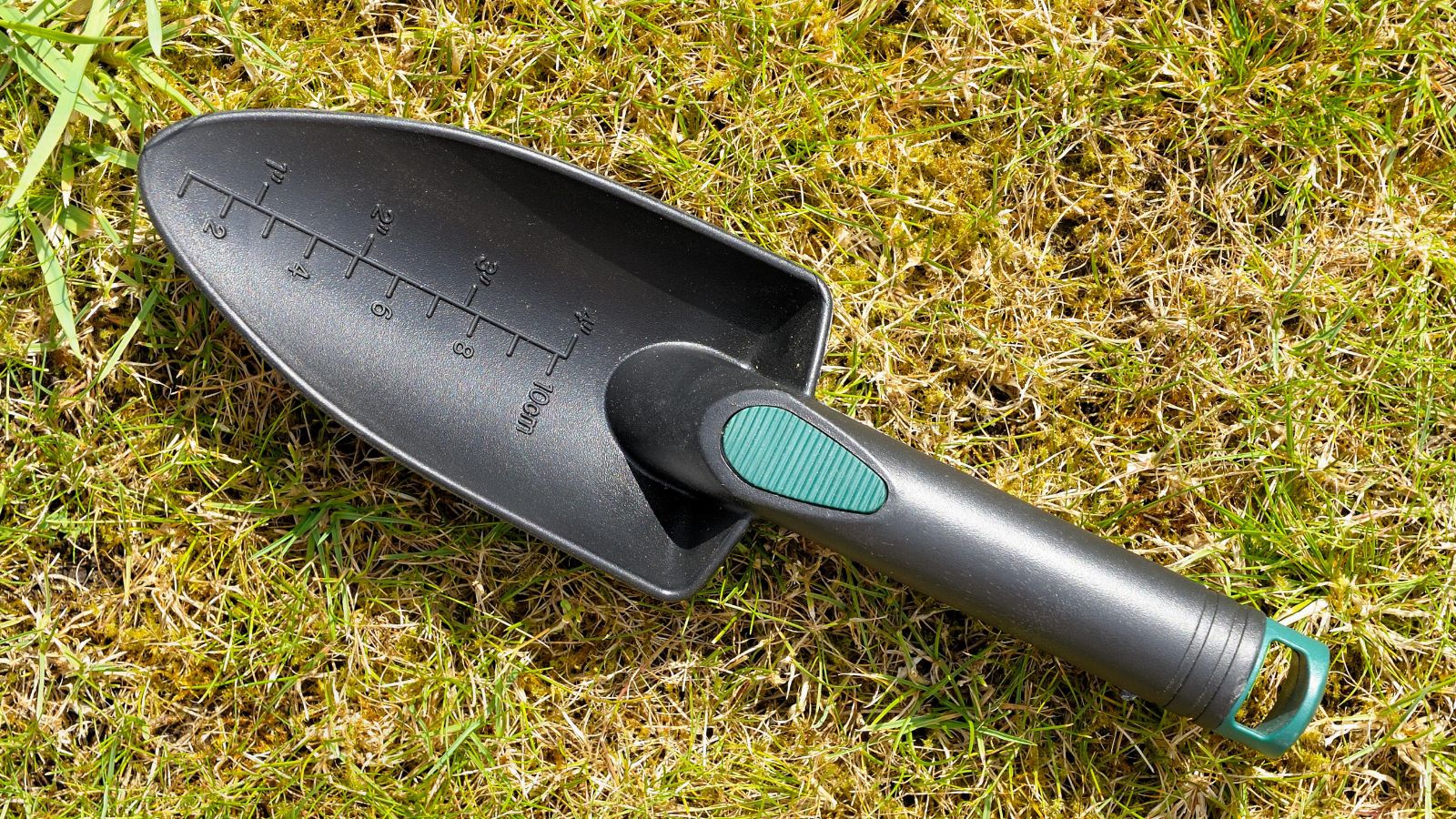

The dangers of microplastics are everywhere, and that includes out in the yard. Many of us will have bought cheap, lightweight, and durable plastic hand tools from large retailers over the years.
However, like other plastic tools and utensils, these plastic yard tools have a range of associated risks. With more and more concern about toxic air fryers and plastic kitchen utensils, I spoke to horticultural experts about the risks of plastic yard tools.
The good news is that plastic yard tools aren't inherently toxic and usually don't leach forever chemicals into your soil. The risk of health problems through plastic yard tools is yet to be proven. The bad news - especially if you grow fruit, vegetables, or herbs - is that plastic tools could leach microplastics into your soil and your food, and this could cause illness. We highlight the issues to be aware of, to help avoid any potential contamination.
1. Beware UV damage
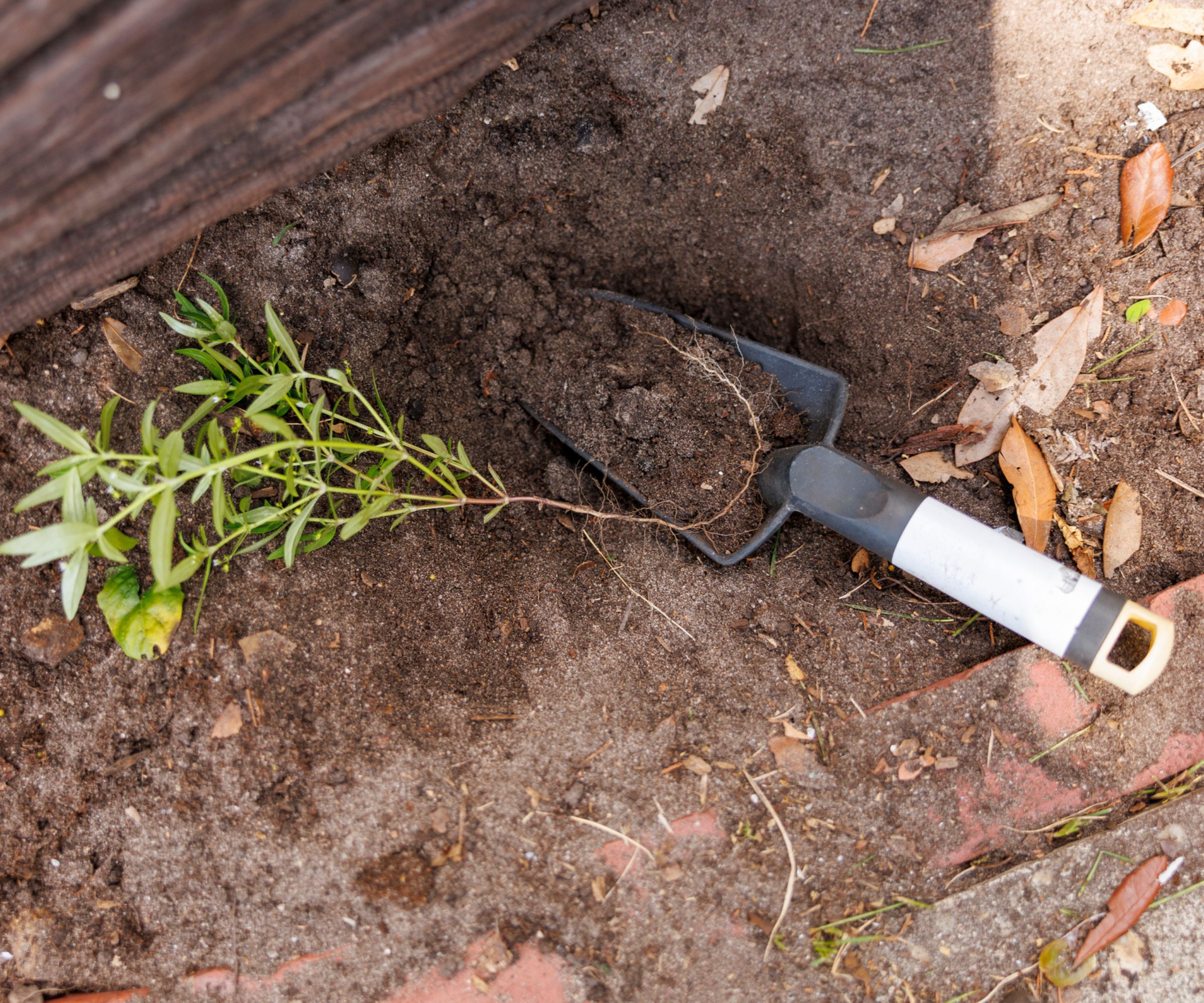
The big issue with plastic tools - especially black plastic tools - is UV damage. Exposure to strong sunlight degrades most black plastics. You'll know this effect if you've ever owned poly rattan furniture and watched a deep black color fade to a washed-out gray. Ultraviolet radiation from the sun agitates photons in the plastic, creating free radicals that break apart molecular chains. This makes the plastic look bleached, but more importantly, it makes it brittle.
This creates a practical issue: plastic yard tools become brittle and crack over time, so simply aren't as strong or durable as metal tools. However, there's an issue on the microscopic level which is much more dangerous.
Horticulturalist Michael Clarke explains that 'Plastic tools can be easier to use because they are generally lighter and rust resistant, reducing maintenance and providing an affordable and somewhat durable alternative to metal garden tools. However, because they are not as durable as metal or wood tools, they can crack, break, or degrade from UV exposure.'
You can tell if this has happened by sight and by touch. Black plastic damaged by UV will look gray and pale, and other colors will lose their vibrancy. If you run your fingers over the surface of the plastic it will feel rough and fuzzy, and this sensation is because tiny pieces of the plastic are breaking up. It's this break-up of plastic that can be dangerous in a yard. Michael says that UV-damaged plastic 'can lead to chemical leaching of harmful chemicals into the soil over time.'

Michael Clarke is the founder of Yardwork and Pulled, the online platforms for everything home and garden. He has a degree in landscape architecture and horticulture from the University of California Davis. He was previously the founder of a landscape development and maintenance company, where he provided complete landscape services to homeowners and commercial property owners.
2. Watch out for microplastics
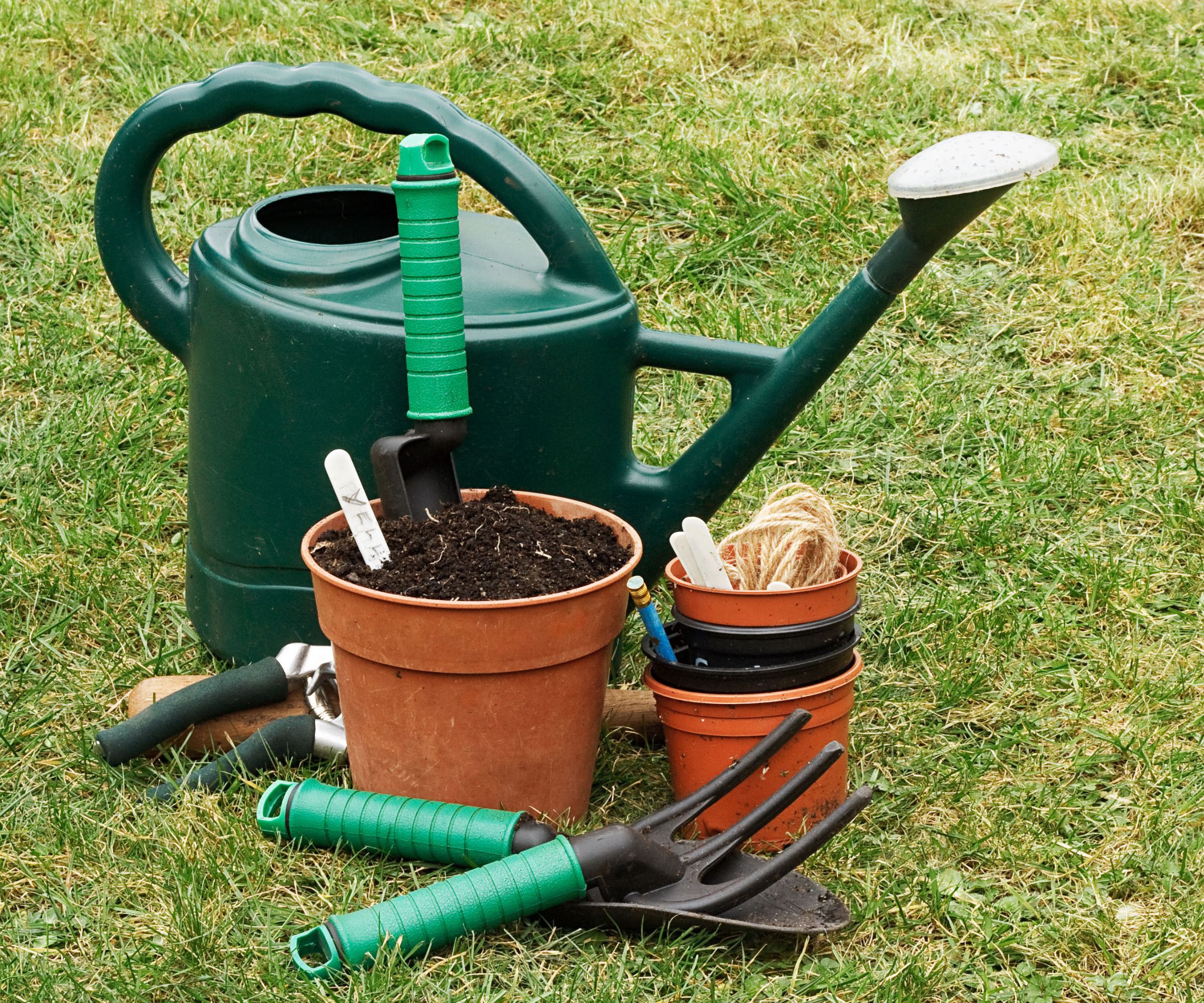
Brittleness is dangerous because it introduces microplastics. Michael Clarke says 'As plastic tools break down from UV exposure and other weather elements, microplastics can be introduced into your landscape.'
The UV damage to plastic means that over time, tiny tears and chips in the plastic from scooping up rocky soil and substrate knock microplastics into the soil. This can damage your plants, but it can also harm you. If you grow herbs and vegetables in your yard, these plastics can find their way into your food supply. Research into microplastics is relatively new, but Harvard Medicine says they could be linked to cancer.
Microplastics are the biggest issue with plastic yard tools. Most plastic yard tools are made with PP (polypropylene) plastic. This is generally food-safe and doesn't contain so-called forever chemicals – it's commonly used in plastic food containers. However, with UV damage, PP plastic tools leach microplastics into your soil. Try making non-toxic gardening swaps instead.
3. Avoid forever chemicals
On top of all the issues with microplastics, some tools contain 'forever chemicals'. Thankfully, it's uncommon, but some plastic yard tools, especially those made with ABS plastic, contain PFAs. These chemicals are so-called 'forever chemicals' because once ingested, they stay in your body for life. The EPA says that while research is still ongoing, PFAs have been linked to decreased fertility, a weakened immune system, and an increased chance of cancer.
Michael Clarke explains that 'Some plastic tools can introduce 'forever chemicals' into your yard, if they are made with per- and poly-fluoroalkyl substances (PFAs), a group of human-made chemicals that are resistant to water, heat, and don't break down easily in the environment. These types of plastic tools can introduce these chemicals into the soil profile as they wear with use.'
4. Plastic tools aren't eco-friendly
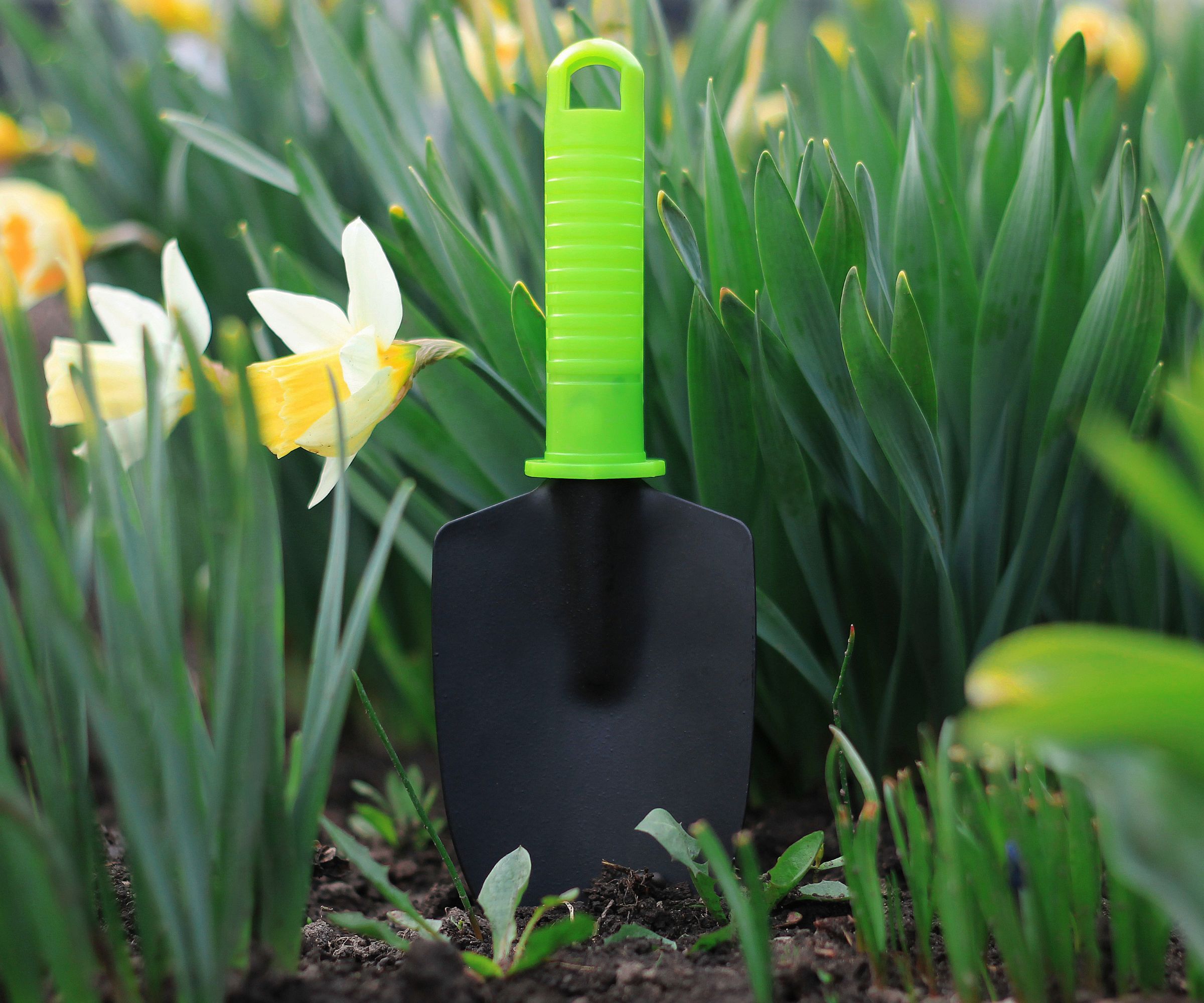
Unlike metal yard tools, which can last for decades with proper treatment, plastic tools degrade and chip after a few years. This means they have to be replaced with yet more tools. Plastics are made from refining oil products, so they are already bad for the environment, but they're often hard to recycle.
Michael Clarke says 'Plastic tools that contain polypropylene (PP), high-density polyethylene (HDPE), or polyvinyl chloride (PVC) are recyclable and more likely to be accepted by recycling programs. However, plastic tools made from a combination of plastics, metals, or other materials are often not recyclable since these different materials need to be separated before processing.'
Should you replace your plastic tools?
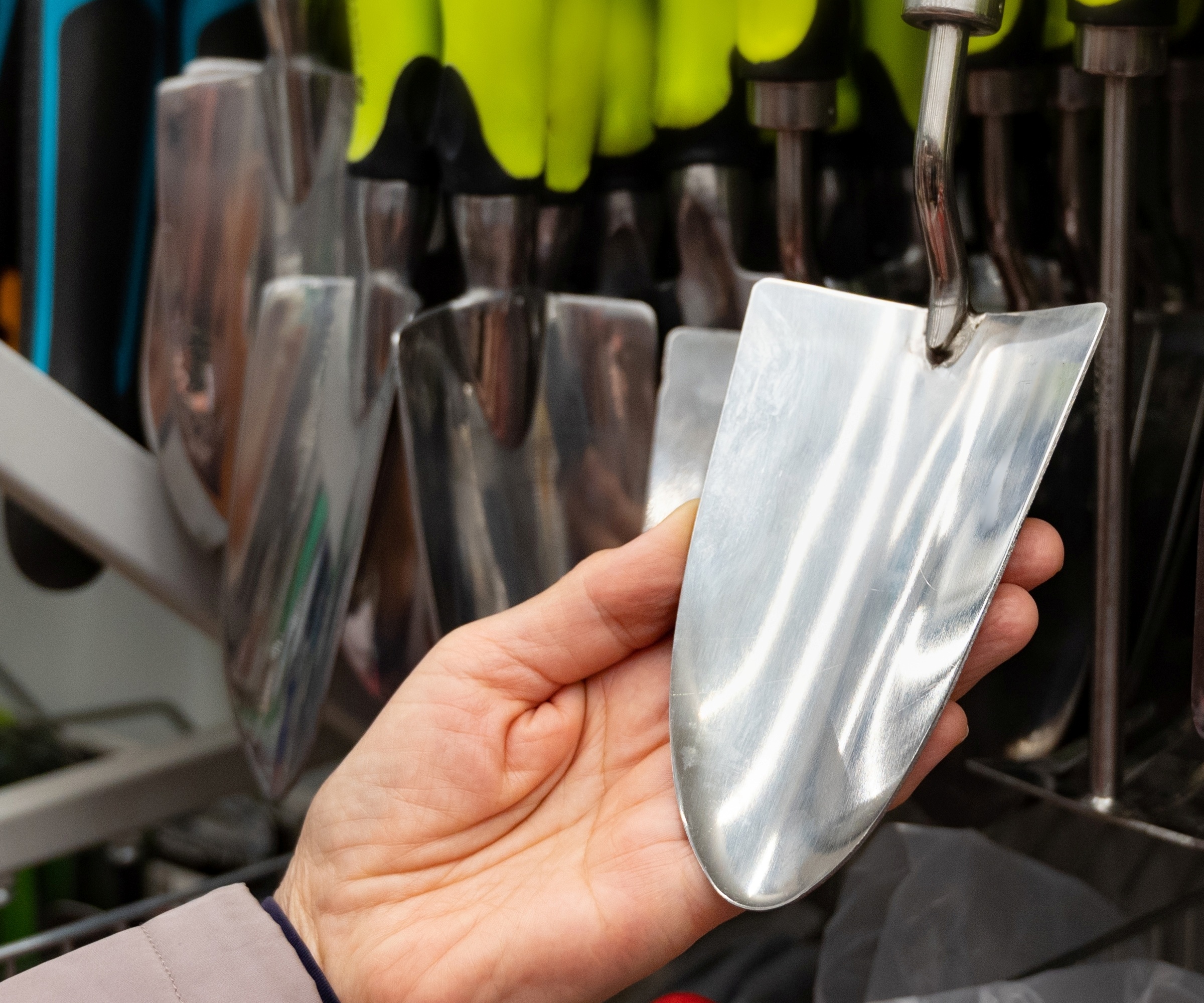
If you're worried about microplastic, forever chemicals, or general eco-friendliness, your best bet is to swap out plastic tools for wood and metal tools, which don't have these issues. They also tend to have much longer warranties than plastic tools and replaceable parts.
Garden expert Ryan Farley says 'Many plastics contain chemicals that can get into your soil. I’d say this is especially the case when you're gardening produce. In this case, I recommend avoiding plastic tools entirely and opting for something like stainless steel, which is much more durable than plastic and is far safer to use around things you’ll be eating.'
However, Ryan says not to panic. He advises 'If you’re not gardening produce, then I wouldn’t say this is necessarily an emergency where you need to replace your plastic tools immediately. But, I would tend to recommend slowly swapping them out for metal tools, which will last you longer anyway.'

Ryan Farley is the CEO of LawnStarter, a lawn care service founded in 2013 and based in Austin, Texas.
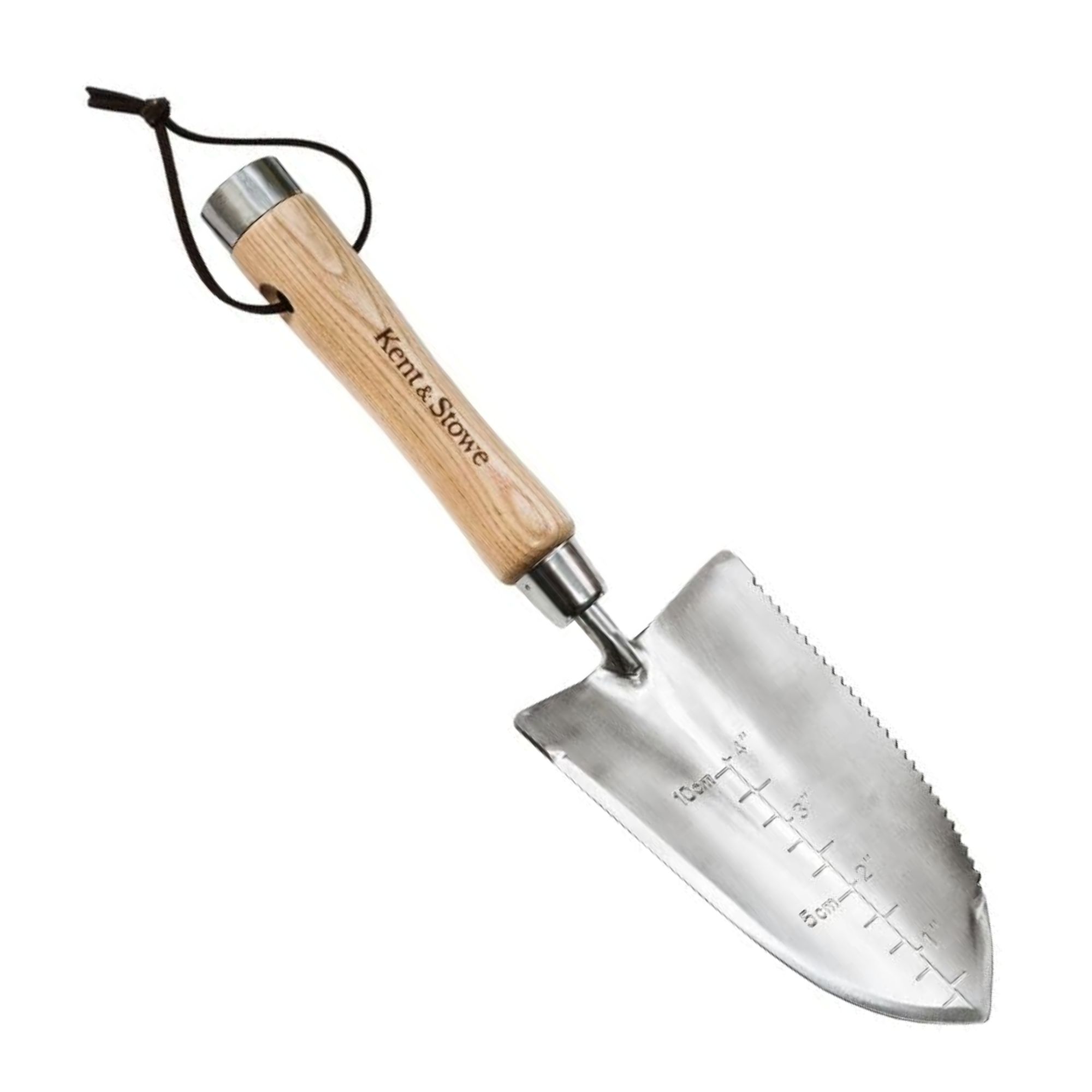
I first tested this trowel years ago and it's still my go-to tool – I've never found anything better. It's the Swiss Army knife of trowels. It has a sharp and serrated edge for opening bags of soil and compost for slicing through roots. There's a depth gauge for precise planting and even a hammer on the handle for fixing small stakes. The only drawback I found is that vegan and vegetarian gardeners may not like the leather strap.
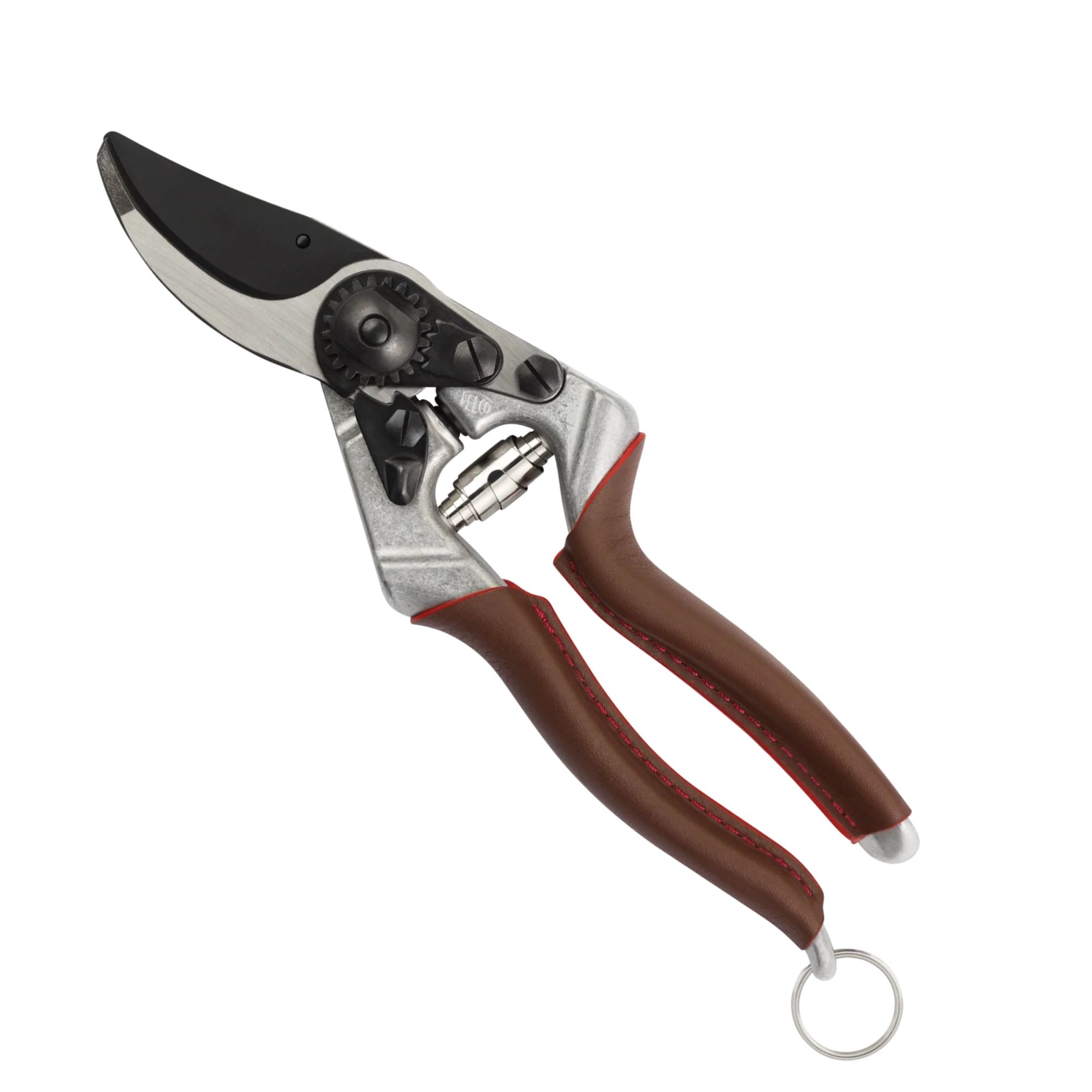
The Felco Elite No. 6 are very similar to the best pruners in the world, the Felco No.2. Like all Felco pruners, every part can be replaced. With a little care, these are the only pruners you'll ever need to buy. Unlike the No.2, they use leather rather than plastic grips which could introduce microplastics. On top of that, they have a non-stick coating and a split ring to make them easier to hang in storage. The drawback is that this will cost you an extra $30, and the leather grips won't work for vegans.
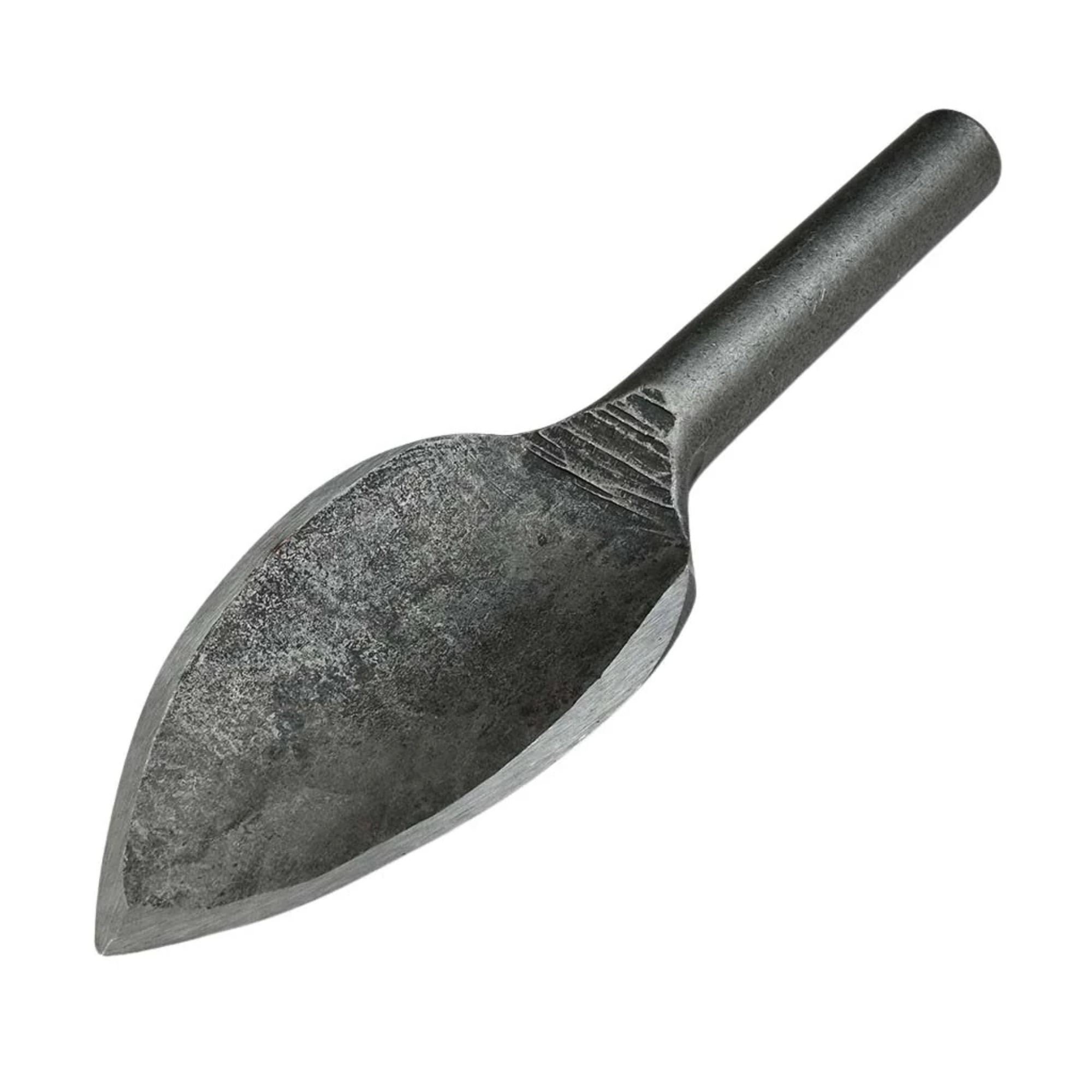
This unique heavy-duty trowel has been hammered out of two and a half pounds of bulldozer-quality boron steel. It contains no plastic, just solid steel, so it's great for cutting into and digging through stony soil or heavy clay. The biggest drawback is that this is more than twice as heavy as most other metal trowels, and ten times heavier than most plastic trowels.
There are lots of other spots for microplastic toxicity around the home. It's worth exploring potential issues with plastic chopping boards, plastic bathroom storage, and even scented candles. The good news is that there are a host of alternatives out there, including non-toxic air fryers.
Sign up to the Homes & Gardens newsletter
Design expertise in your inbox – from inspiring decorating ideas and beautiful celebrity homes to practical gardening advice and shopping round-ups.

As a gardens and lifestyle contributor, Alex makes sure readers find the right information to help them make the best purchase. Alex got his start in reviewing at the iconic Good Housekeeping Institute, testing a wide range of household products and appliances. He then moved to BBC Gardeners’ World Magazine, assessing gardening tools, machinery, and wildlife products.
You must confirm your public display name before commenting
Please logout and then login again, you will then be prompted to enter your display name.
-
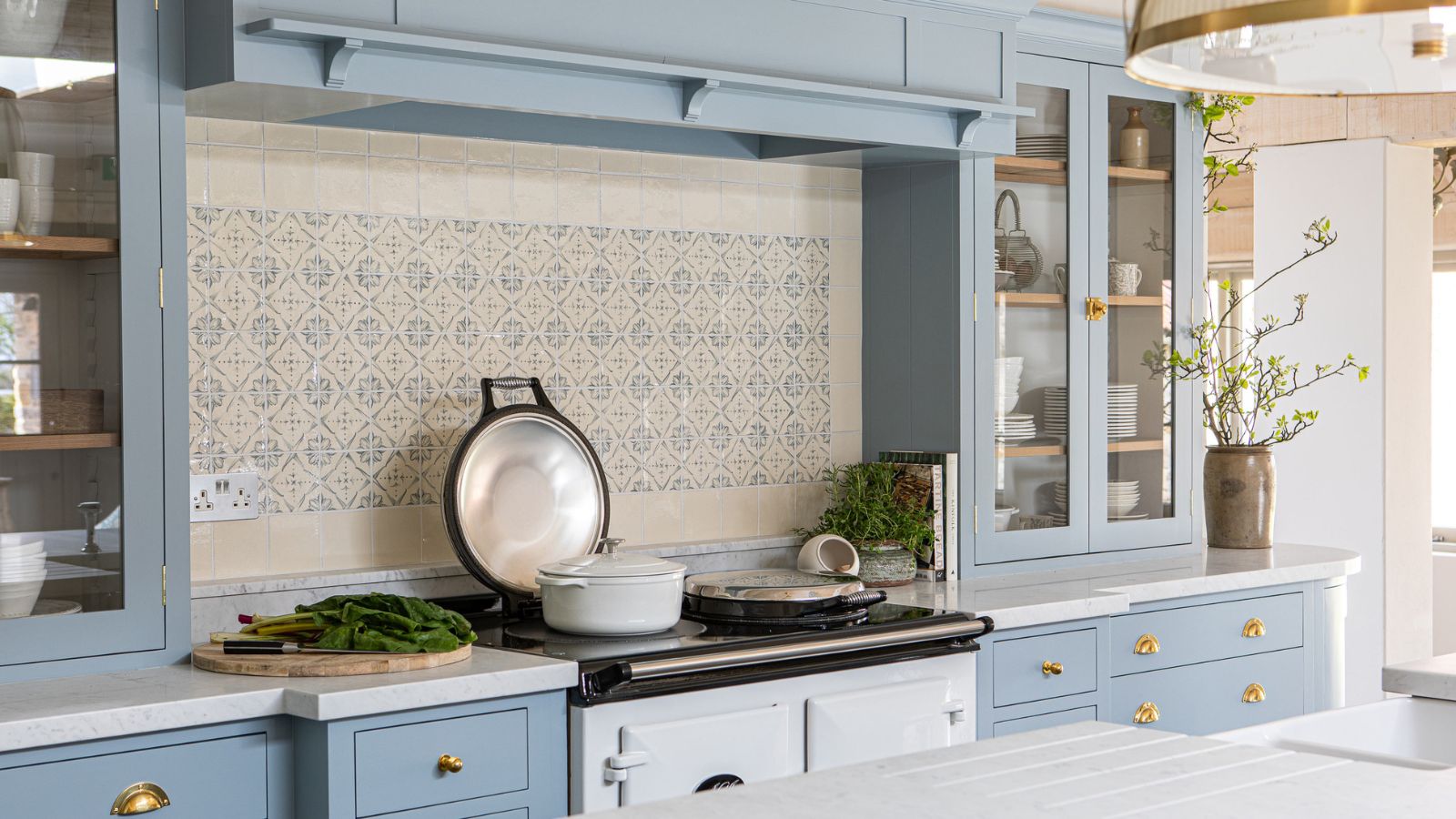 Professional cleaners say this one 'powerful' tool is the surprisingly simple answer to serial chore procrastination
Professional cleaners say this one 'powerful' tool is the surprisingly simple answer to serial chore procrastinationA mood board is a simple way to 'reframe cleaning as something satisfying'
-
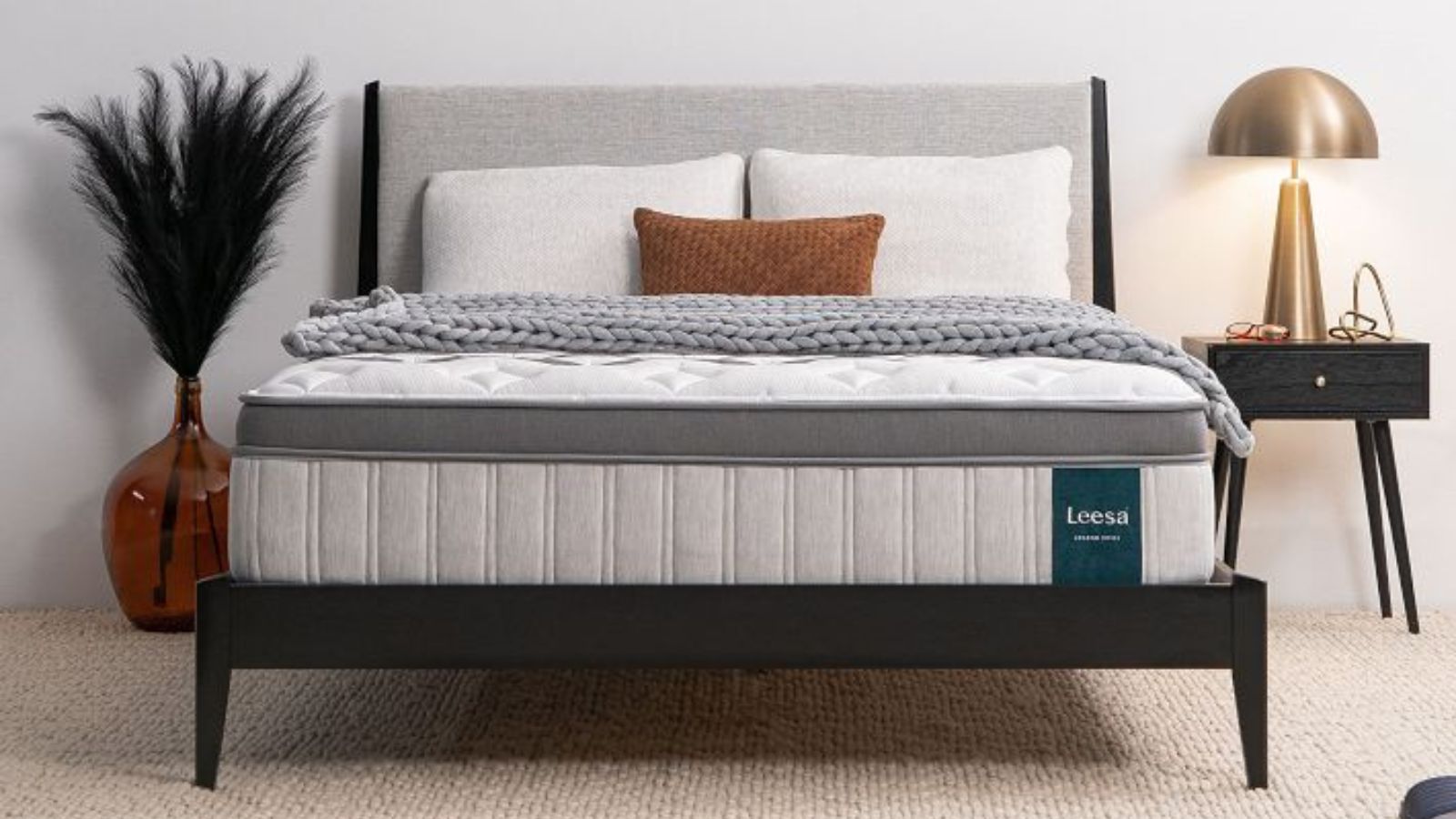 This hot sleeper just found the perfect cooling mattress that's ended the sleepless summer nights – turns out $3,000 is the price you pay for an incredibly cool night's sleep
This hot sleeper just found the perfect cooling mattress that's ended the sleepless summer nights – turns out $3,000 is the price you pay for an incredibly cool night's sleepThe Leesa Legend Chill Hybrid Mattress might be an investment, but I think it's worth it to finally find something that actually keeps me cool throughout the whole night